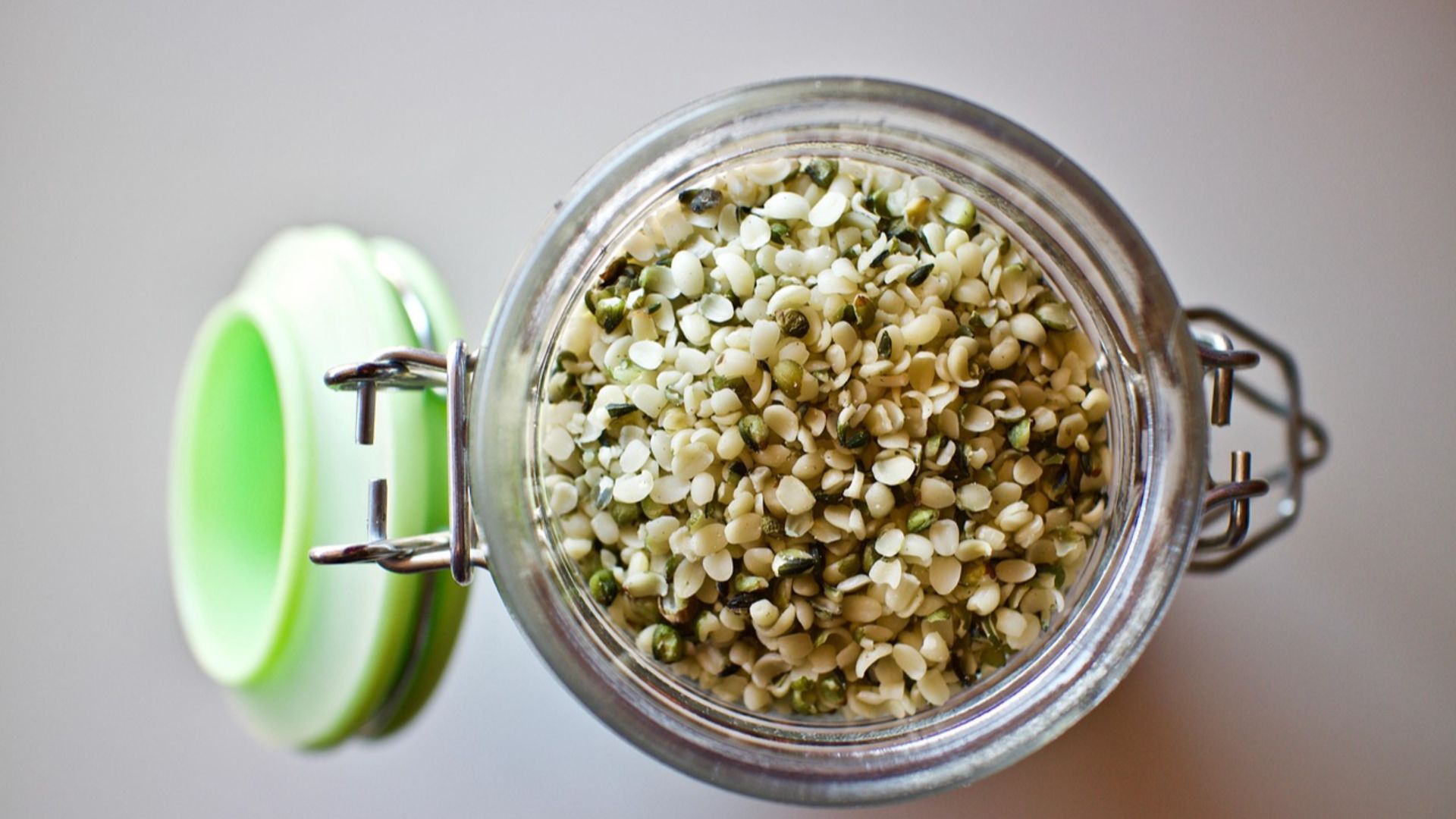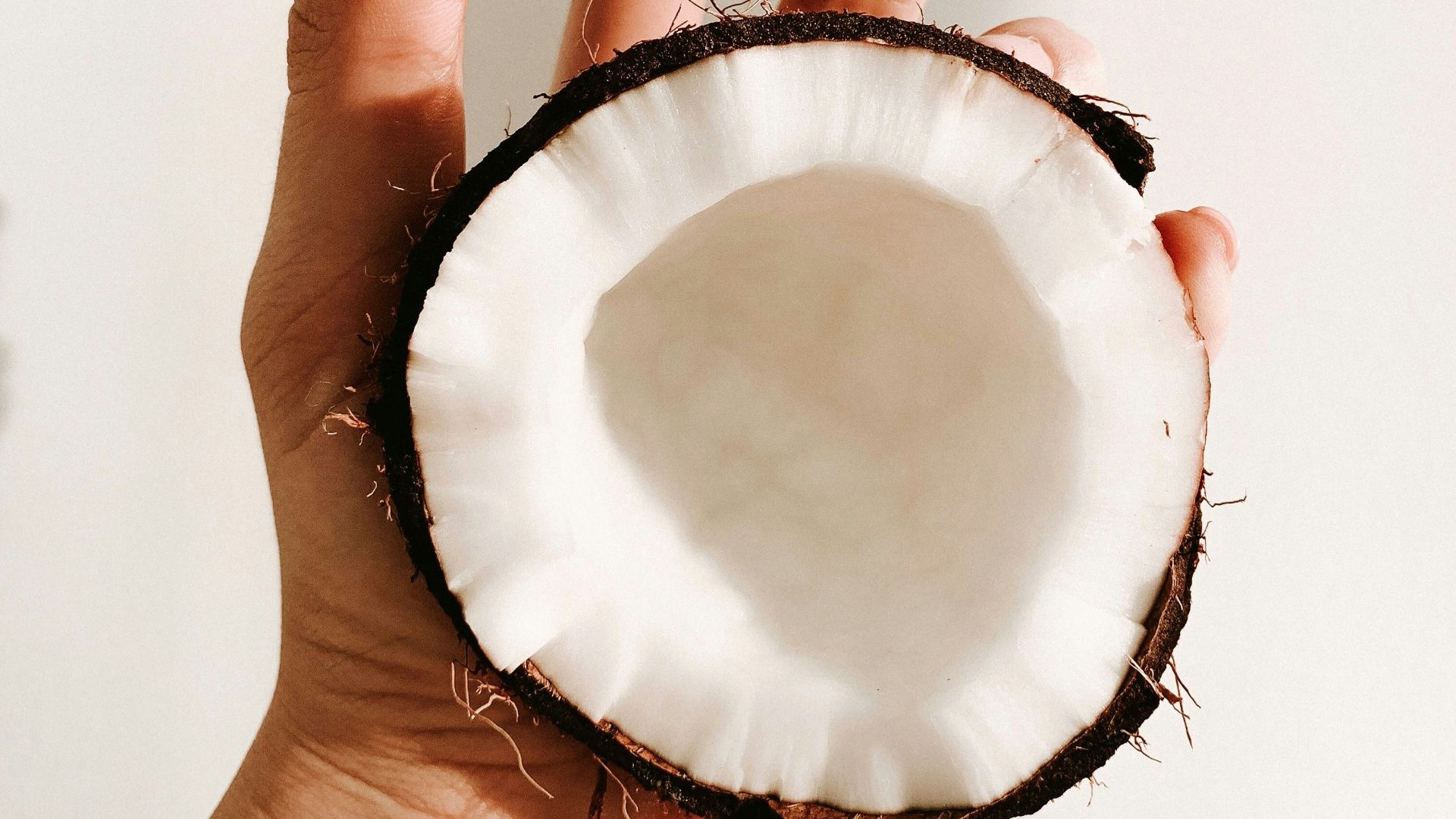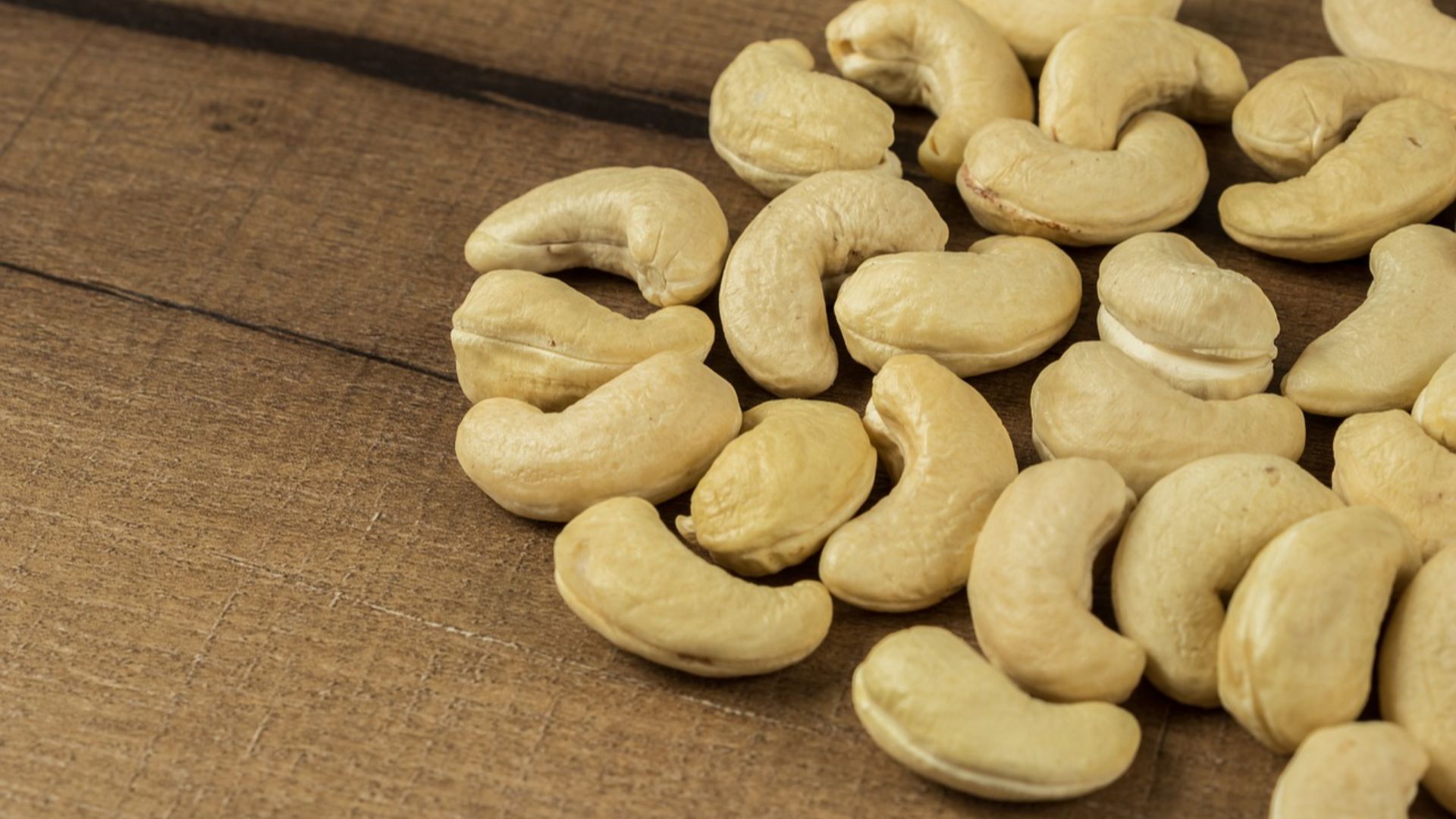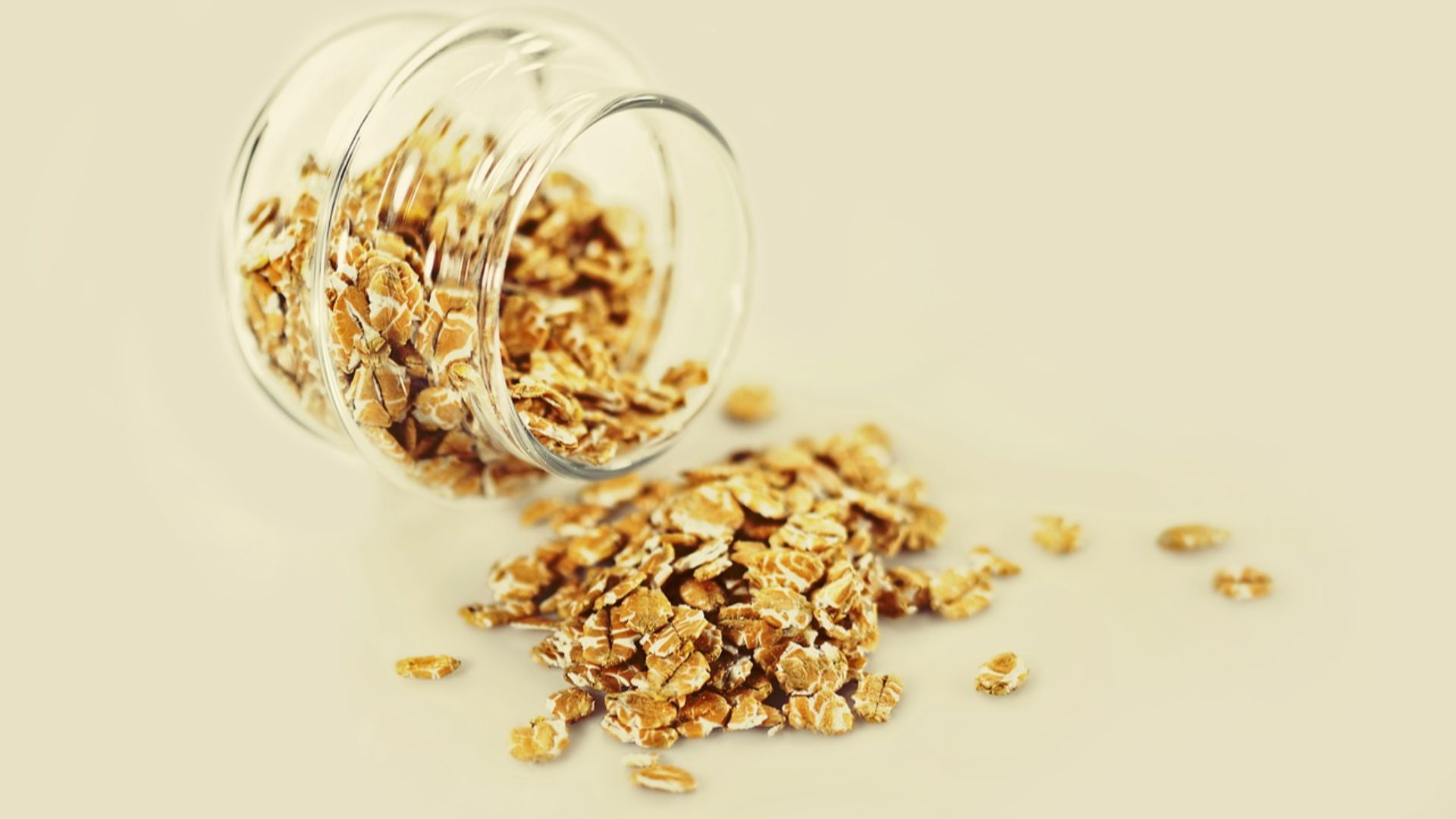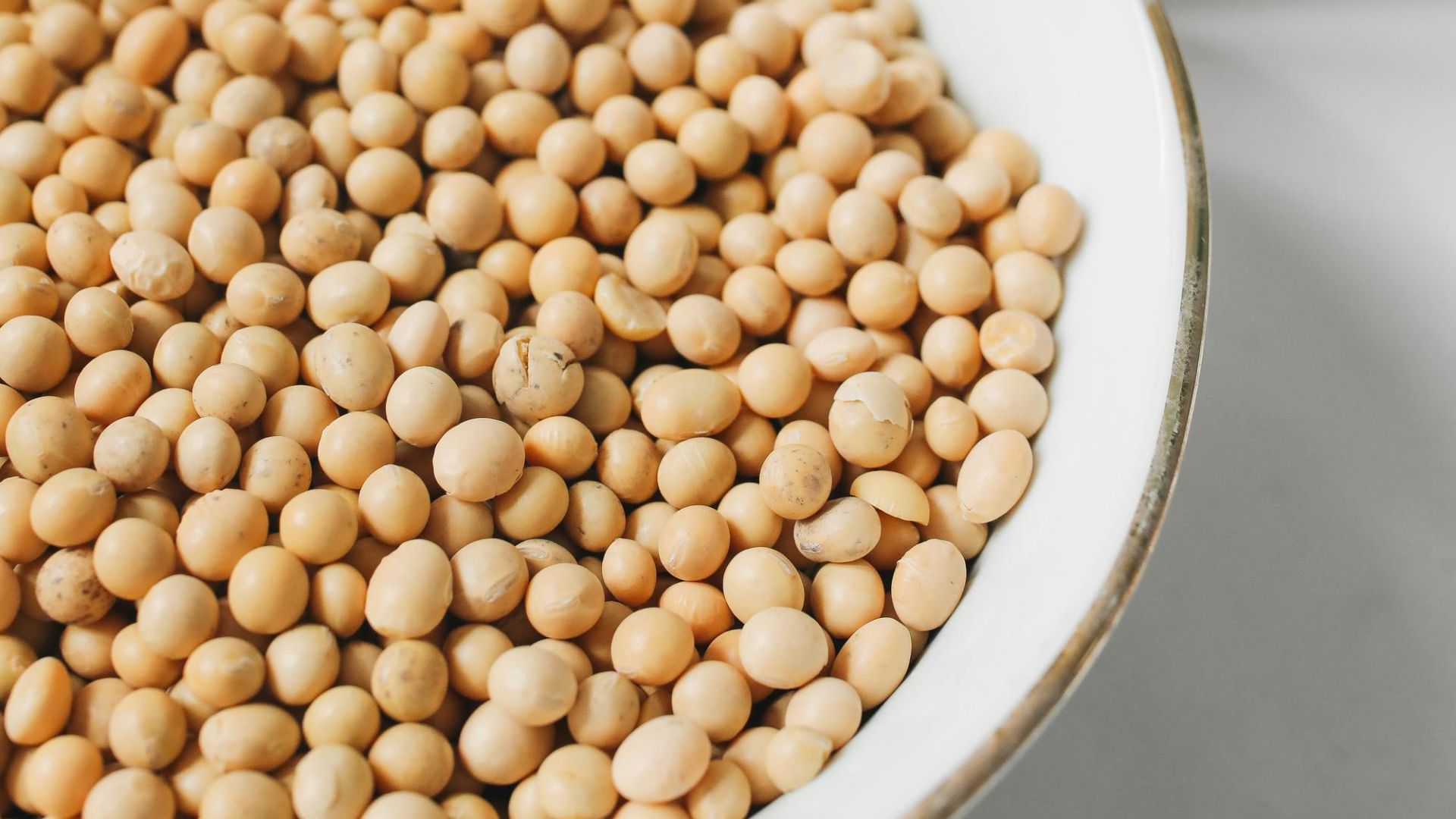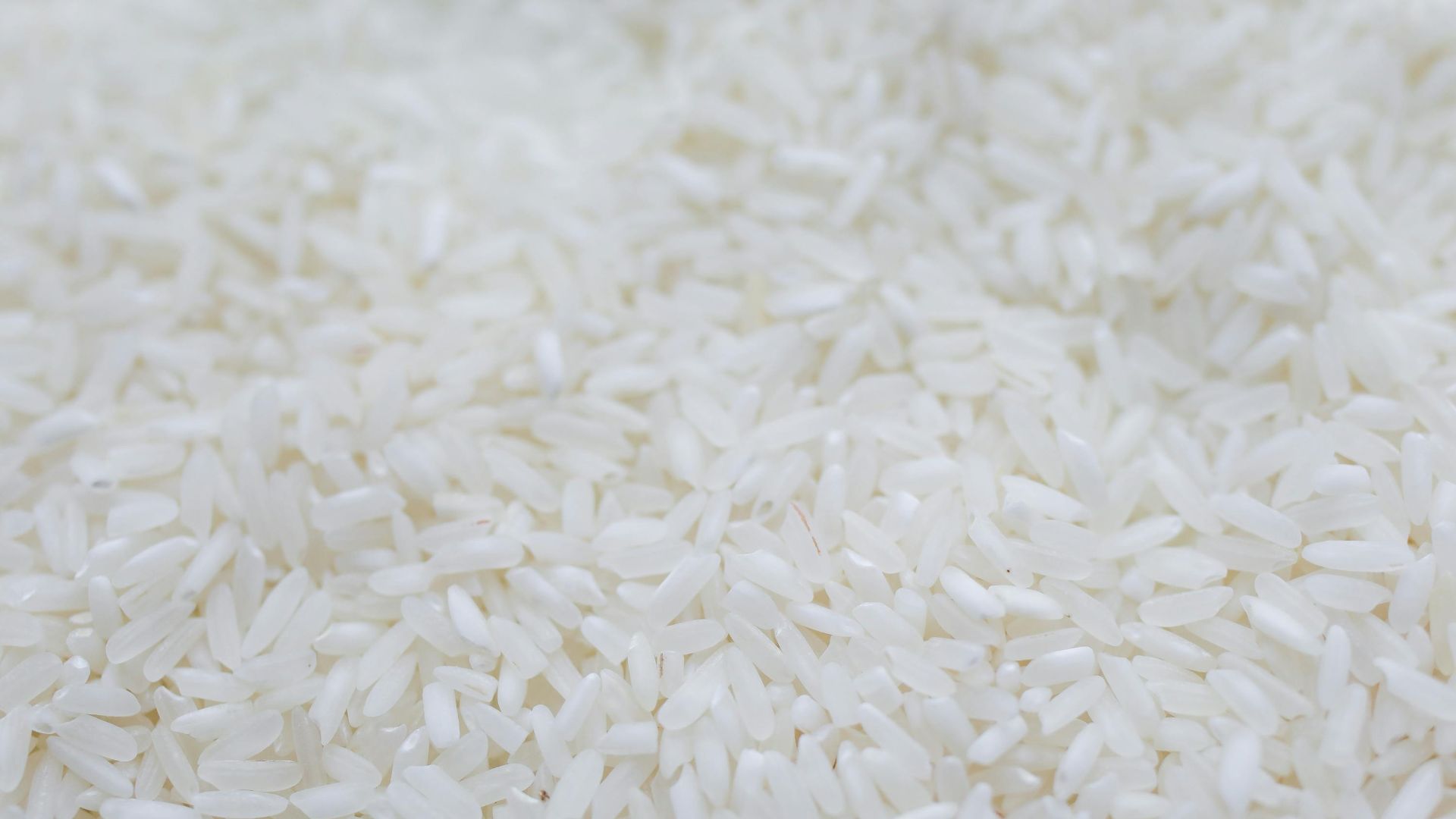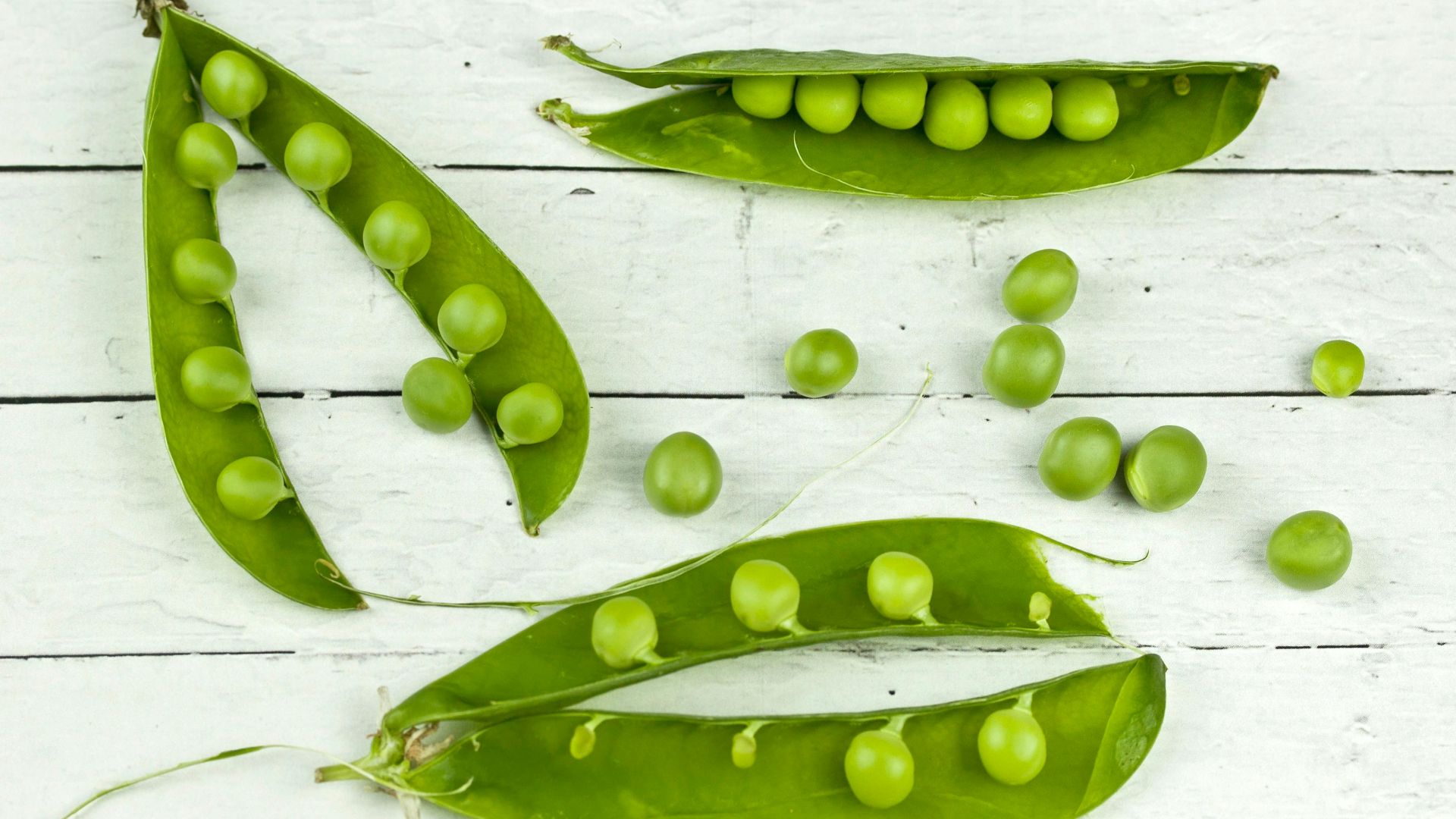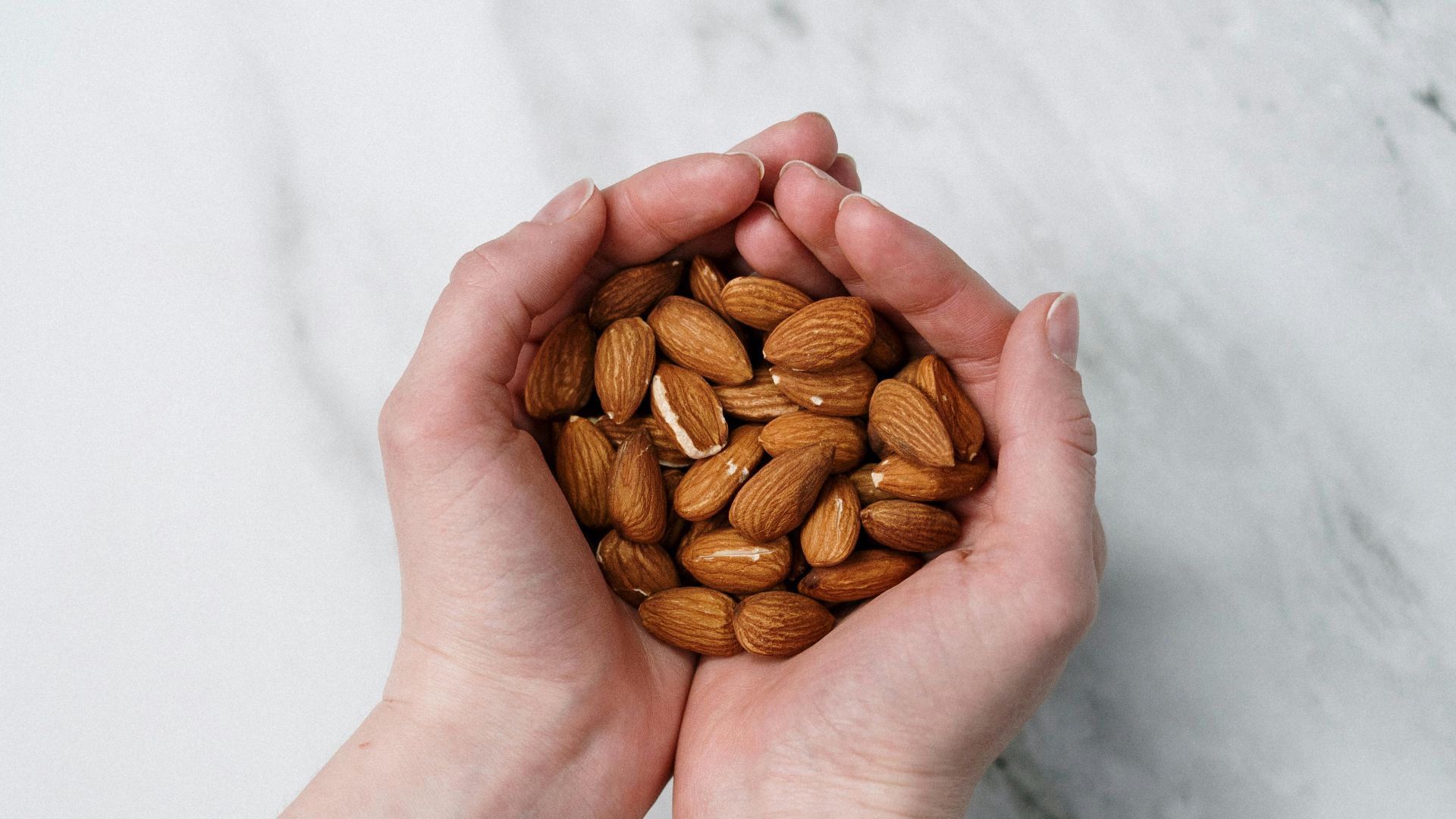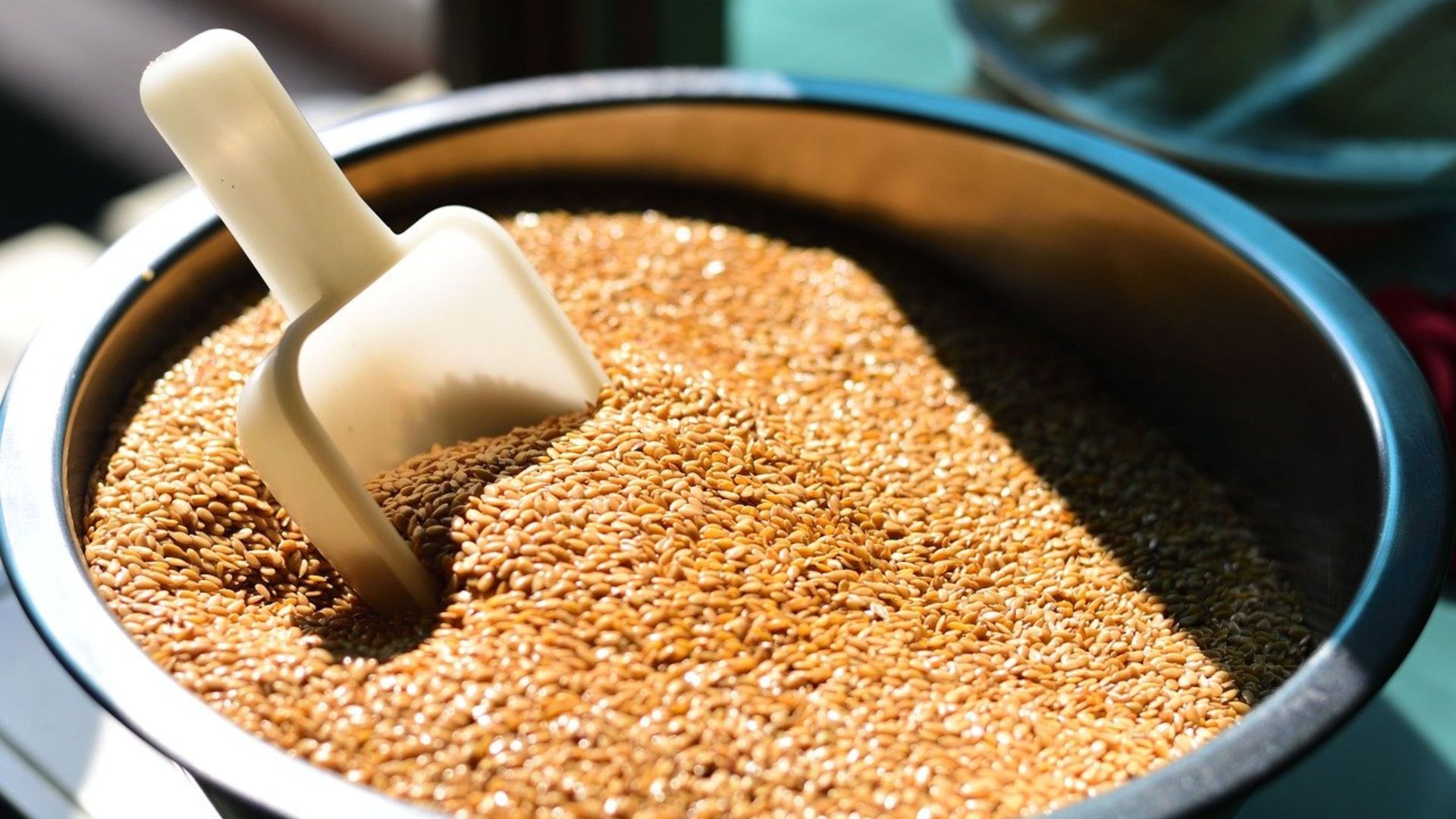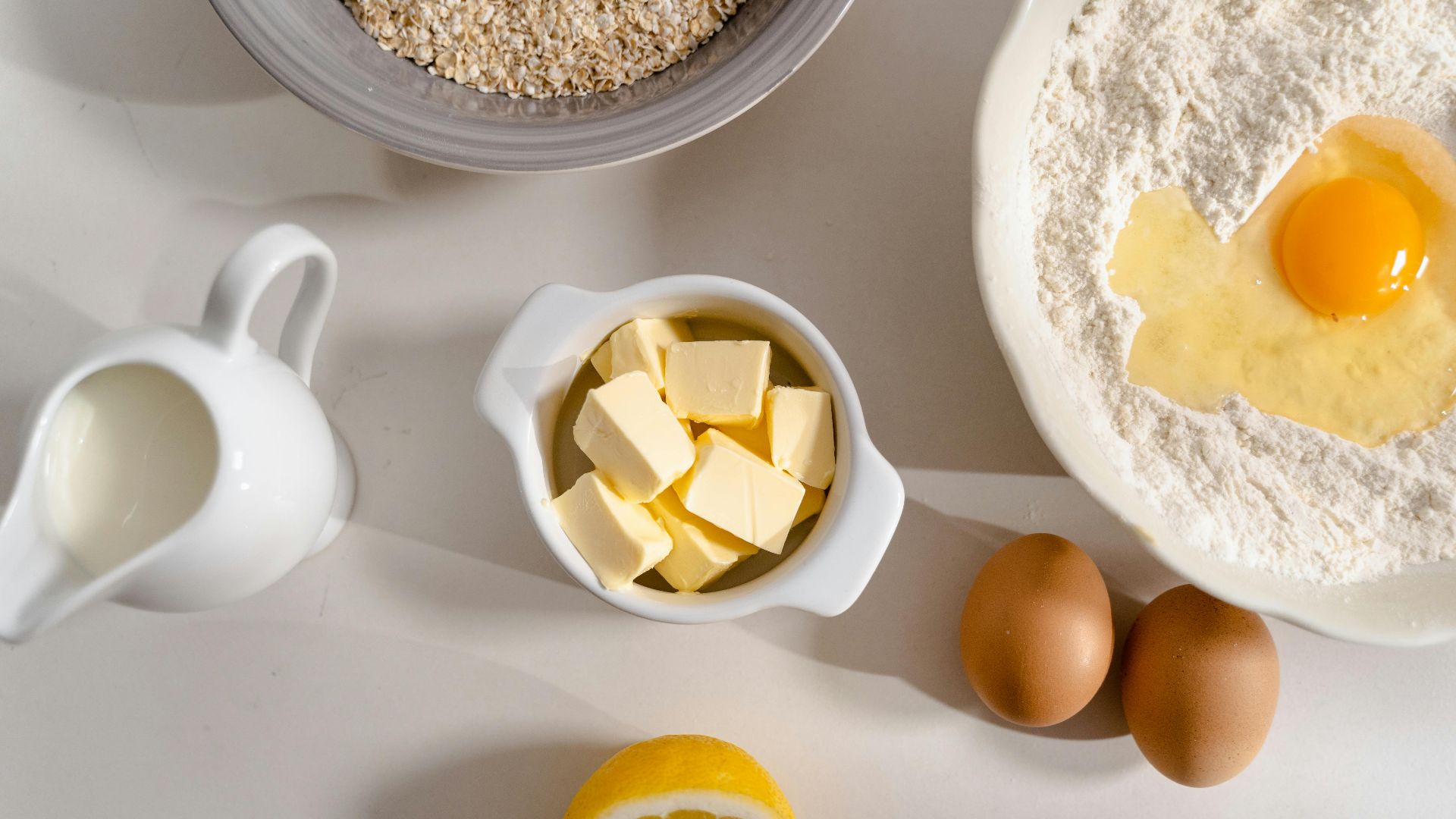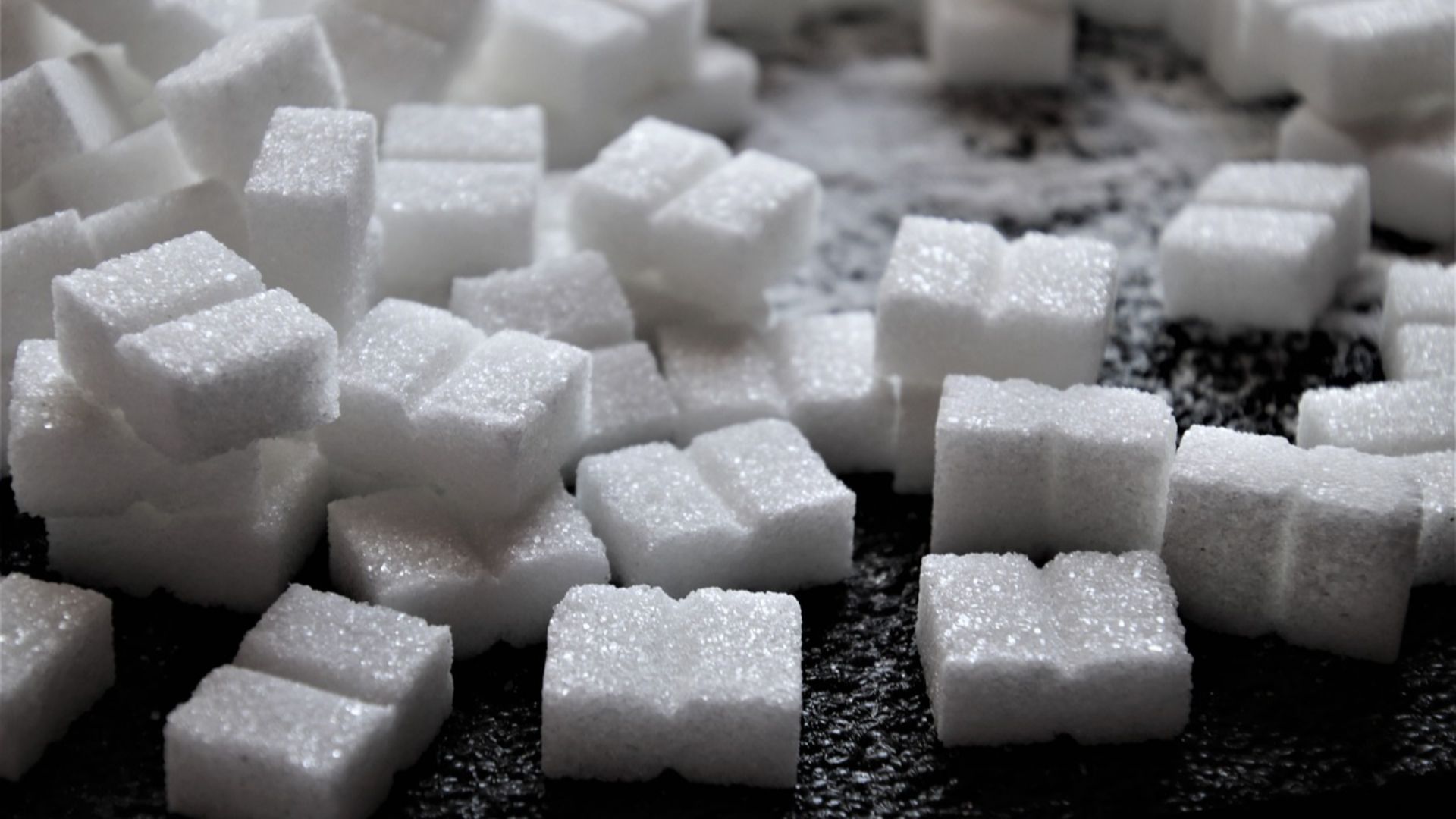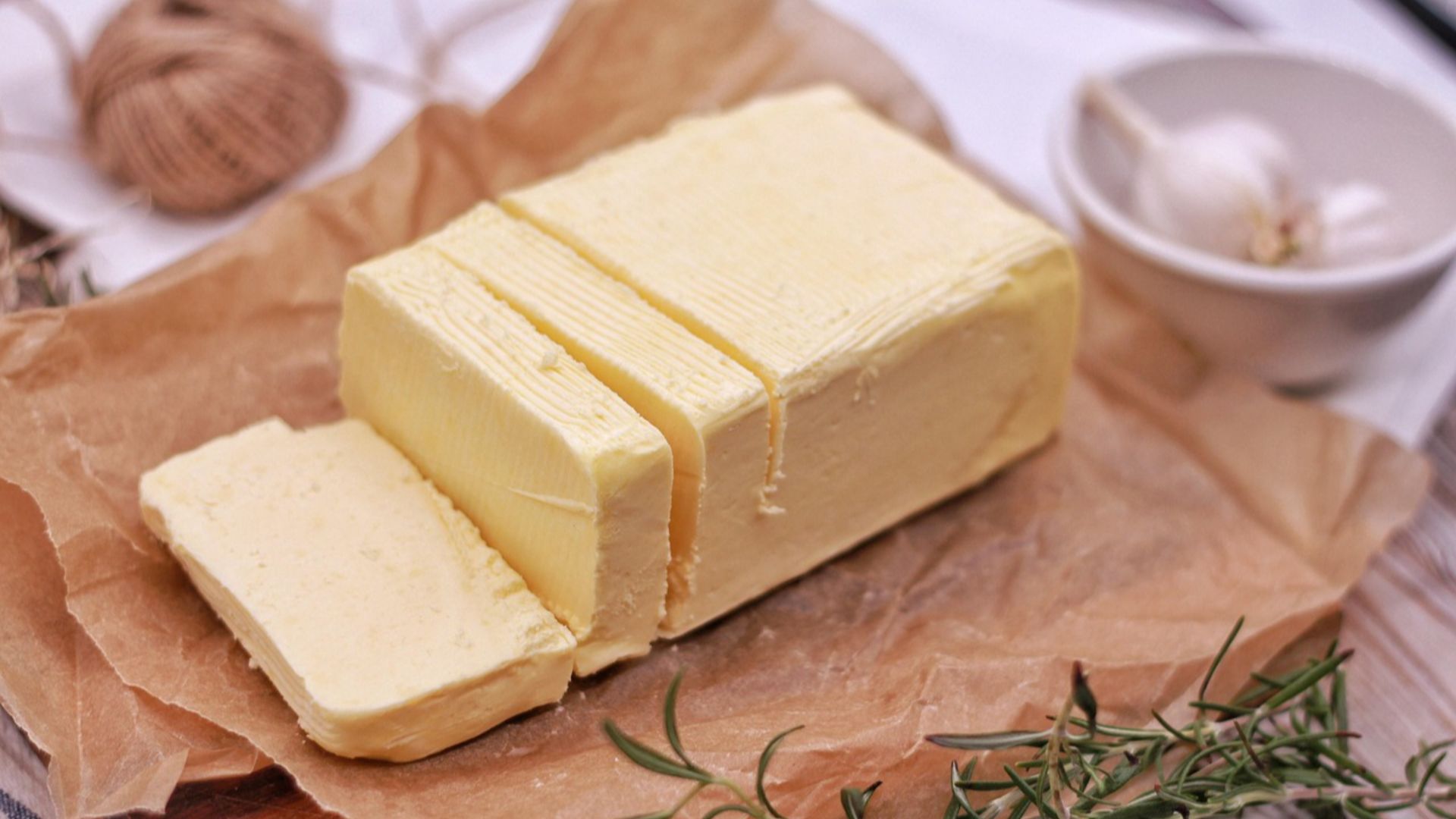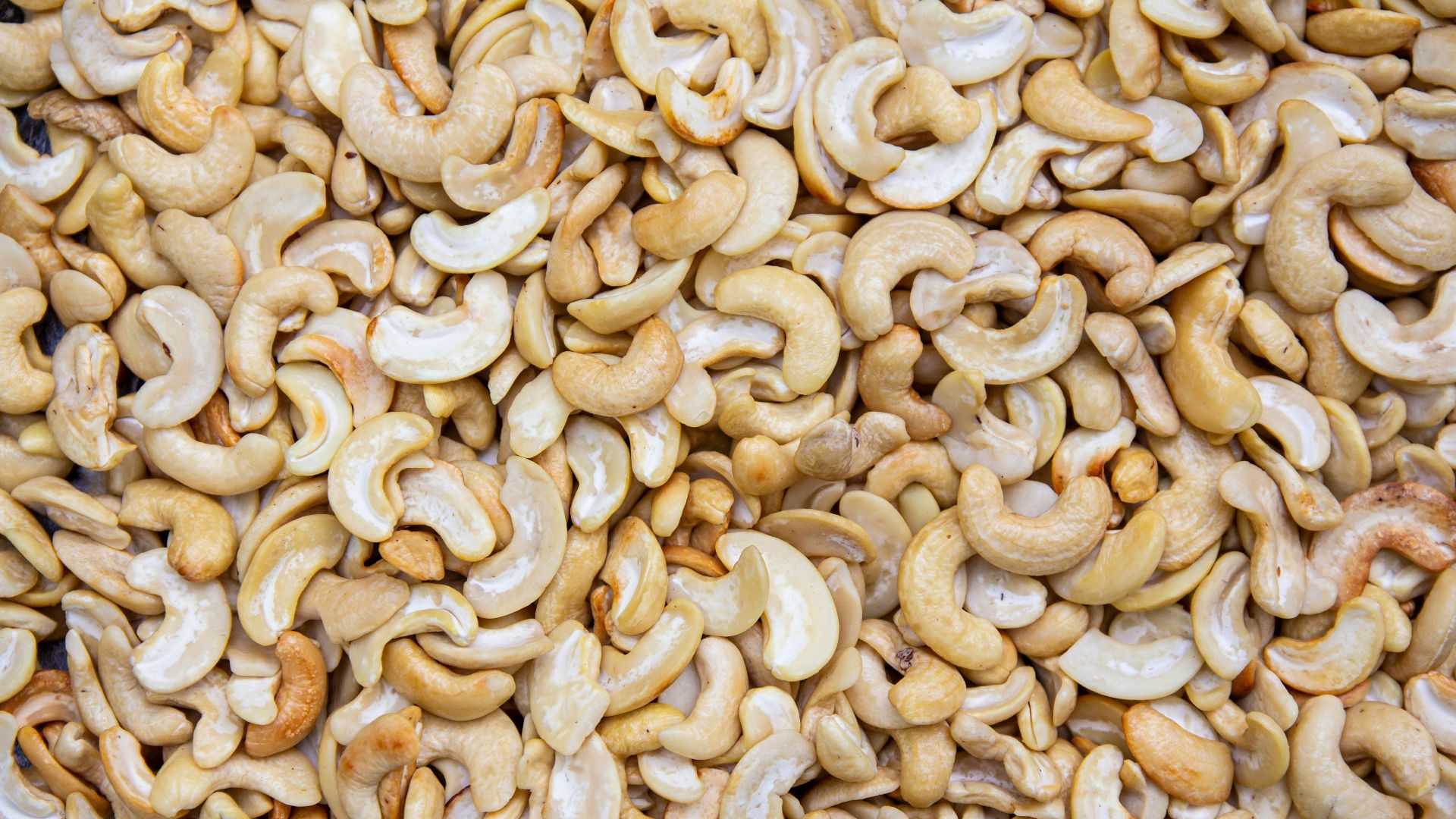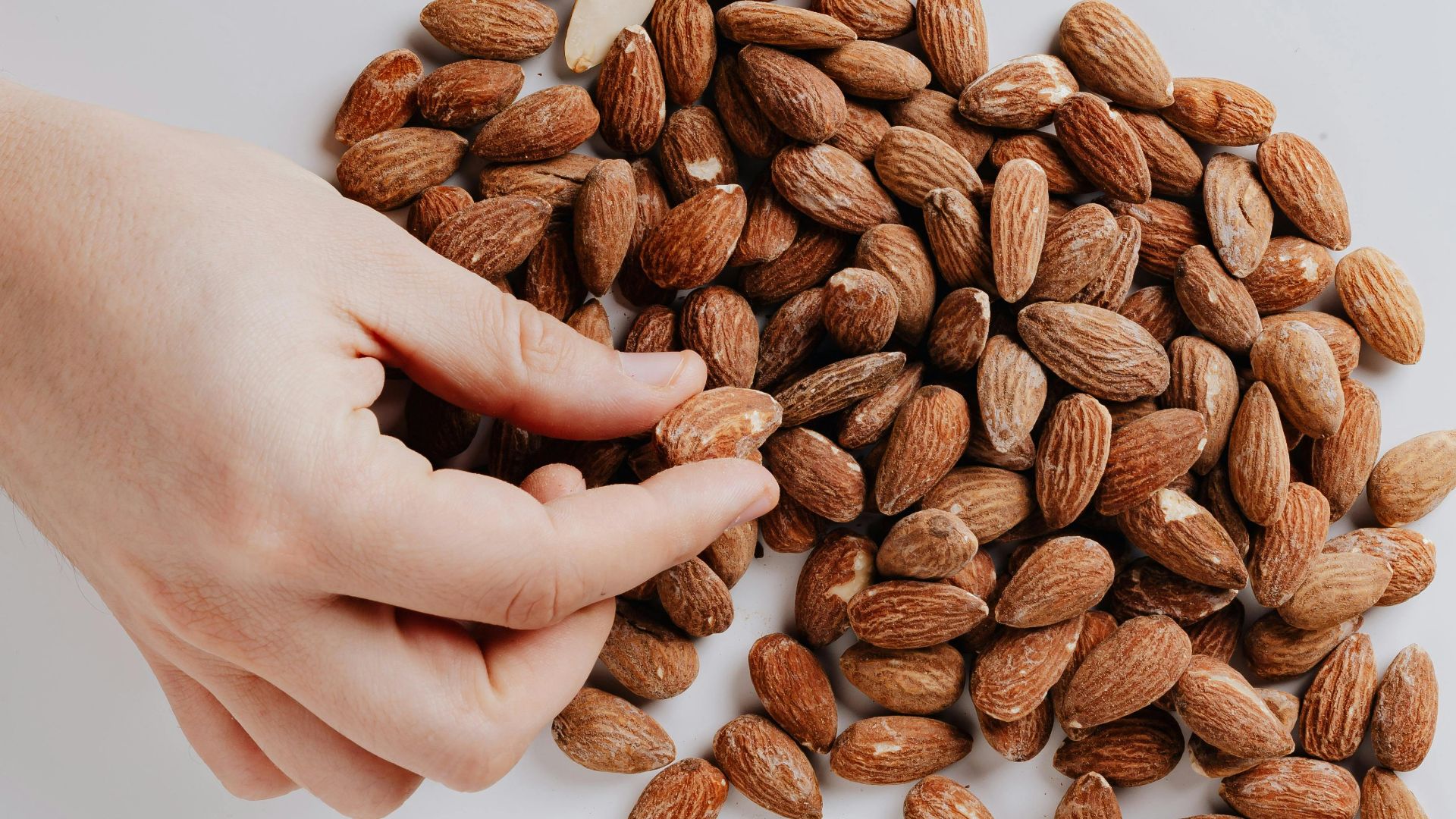Plant-Based Milk In, Dairy Milk Out
Dairy milk is known to be a great source of calcium, which helps support bone health and development, especially in younger children. But since not all of us can enjoy the same benefits—particularly those who are lactose intolerant or watching their saturated fat intake—is it worth making the switch to plant-based milk? Here are 10 tasty dairy alternatives to consider and 10 health benefits they offer.
1. Hemp Milk
Made from ground, soaked hemp seeds, this is probably a dairy alternative you haven't heard all that much about. As for the taste, hemp milk is often described as nutty and earthy, and at times may even resemble regular cow's milk. It's also low in carbohydrates and calories and is packed with nutrients, like omega-3 and omega-6 fatty acids.
2. Coconut Milk
Taken from the juicy, white flesh of a coconut, this dairy alternative tastes like a tropical paradise. It's also a great substitute if you're allergic to dairy or tree nut milk. Smooth, creamy, and rich, it's hard to believe that coconut milk only has a gram of carbohydrates per cup.
3. Cashew Milk
Made from whole cashews, this tree nut beverage is surprisingly delicious, even if you're not a fan of cashews. It has a rich consistency and is packed with protein, healthy fats, and a plethora of vitamins and minerals, like magnesium and iron.
4. Oat Milk
One of the most-reached-for dairy alternatives, oat milk's popularity is warranted—it's high in soluble fiber and low in saturated fat, making it great for those watching their cholesterol levels. It's also naturally sweet, adding a delicious touch to any meal.
5. Soy Milk
Soy is another popular dairy alternative because it's made similar to regular cow's milk. Soybeans are also a great source of protein—just one cup of soy milk contains eight grams of protein. And since it's low in saturated fat, it's a good substitute to consider if you're watching your cholesterol and fat intake.
6. Rice Milk
If you're allergic to tree nuts, gluten, or you're lactose intolerant, rice milk may be a good choice as it's the least allergenic of non-dairy alternatives. One thing to note is that since rice breaks down into sugar when processed, it's naturally sweeter than regular milk.
7. Macadamia Milk
Creamy and jam-packed with vitamins and minerals, like calcium and vitamin D, macadamia milk is a tasty dairy substitute that's a little more niche than your regular almond or oat varieties. It's also low in carbohydrates and high in good, healthy fats.
8. Pea Milk
Made from yellow field peas ground into flour, pea milk is another choice that's a bit more unusual than your typical dairy alternatives. But don't write it off just yet—pea milk is rich, frothy, loaded with protein, and tastes faintly like cocoa, making it great for lattes or other recipes.
9. Almond Milk
Alongside oat milk, almond milk is another extremely popular plant-based alternative. And for good reason—depending on which brand you pick, it's high in vitamins and minerals, like manganese, which most Americans lack in their diet. Plus, with its mild, nutty flavor, it's easy to add it to spice up any beverage or meal.
10. Flaxseed Milk
Flaxseeds are a superfood on their own, packed with fiber, omega-3 fatty acids, and various minerals ranging from manganese to zinc. Blend them with water and you have a nutritious dairy alternative, which can boost heart health, help with weight management, and limit your calorie intake.
Now that you know of these 10 tasty dairy alternatives, keep reading to discover what other health benefits they offer.
1. Lower Calories
Many plant-based milk alternatives are low in calories, such as hemp, flaxseed, almond, soy, and pea. This is especially great if you're trying to manage your weight or are limiting your daily calorie intake.
2. Lower Saturated Fat
Unlike regular cow's milk, plant-based milk is generally low in saturated fat—the kind of fat that's known to increase your LDL or bad cholesterol. if you're watching your cholesterol levels or are looking to maintain a healthy heart, it might be worth making the switch to non-dairy milk.
3. Low in Sugar
Of course, this will depend on the brand you choose. It's important to scan the nutritional facts on the carton before you purchase, so you have a good understanding of what to expect. Unsweetened versions are always the way to go if you're watching your sugar intake, but some dairy alternatives that are naturally lower in sugar are cashew milk and soy milk.
4. Lactose-Free
The major benefit of choosing non-dairy milk is that it's lactose-free. Whether it's coconut milk, almond milk, soy milk, or another from the list we've covered, you can relax knowing that they're all suitable for those who are lactose intolerant.
5. Cholesterol-Free
Unless they've been fortified with added ingredients, most plant-based milks are cholesterol-free. Coupled with the fact that most are low in saturated fat, it makes it all the more beneficial to make the switch if you're watching your cholesterol levels. Plus, some dairy alternatives, like oat milk, are high in fiber, which can bind to the gut and lower LDL or bad cholesterol.
6. Great for Heart Health
Since most non-dairy milks are low in saturated fats and cholesterol—and instead loaded with healthy fats like omega-3 fatty acids—it can boost your heart health and lower your risk of high cholesterol and cardiovascular disease. Of course, it's still important to maintain a healthy diet full of fruits and veggies as well.
7. Healthier Hair, Nails, & Skin
Drinking plant-based milk can strengthen your hair, nail, and skin health. Research has linked regular cow's milk to a higher risk of developing or irritating acne. This is likely because the hormones present in dairy milk can throw your body's natural hormones off-balance or disrupt insulin levels, which then aggravate the skin. Additionally, plant-based milks, like oat, are high in vitamin B12, which supports the growth of strong, healthy hair and nails.
8. High in Protein
Some dairy alternatives, like cashew, oat, soy, and pea milk, are also packed with protein, which helps you feel full longer. This is especially great for those trying to manage their weight, as incorporating high-protein drinks and foods can help with weight loss.
9. Good for the Gut
Because of the fiber found in plant-based milks, like beta-glucan in oat milk, it's great for lowering cholesterol, reducing bloating, and supporting digestion. Plus, because plant-based milks are lactose-free, they aren't as likely to cause distress in the gut and are suitable for those with irritable bowel syndrome or IBS.
10. Rich in Nutrients
Many plant-based milks are loaded with vitamins and minerals, like vitamin B12, vitamin D, calcium, manganese, iron, zinc, and others. Again, it's generally a good idea to stick with unsweetened versions and to check the nutritional facts before making your choice.
KEEP ON READING




